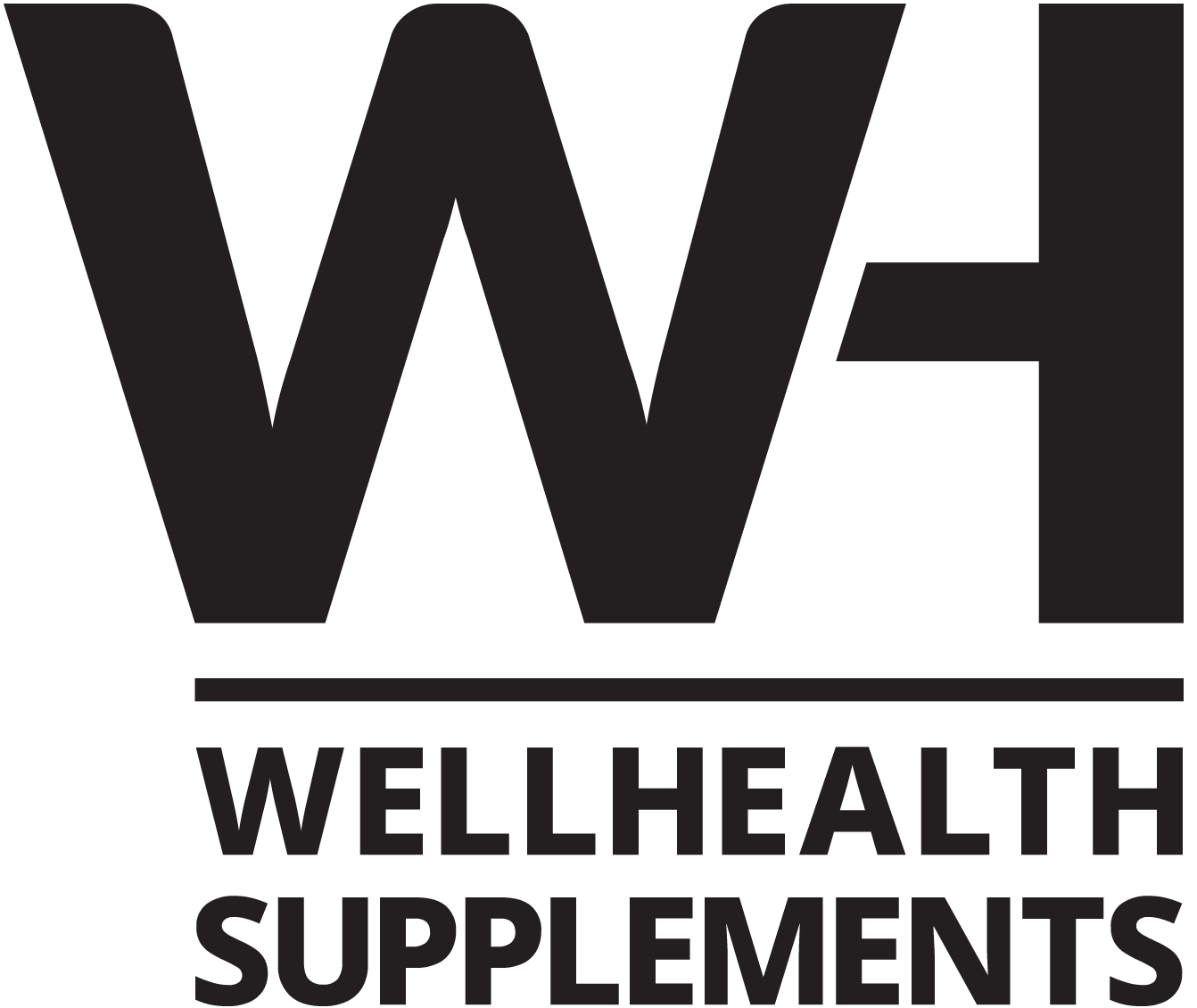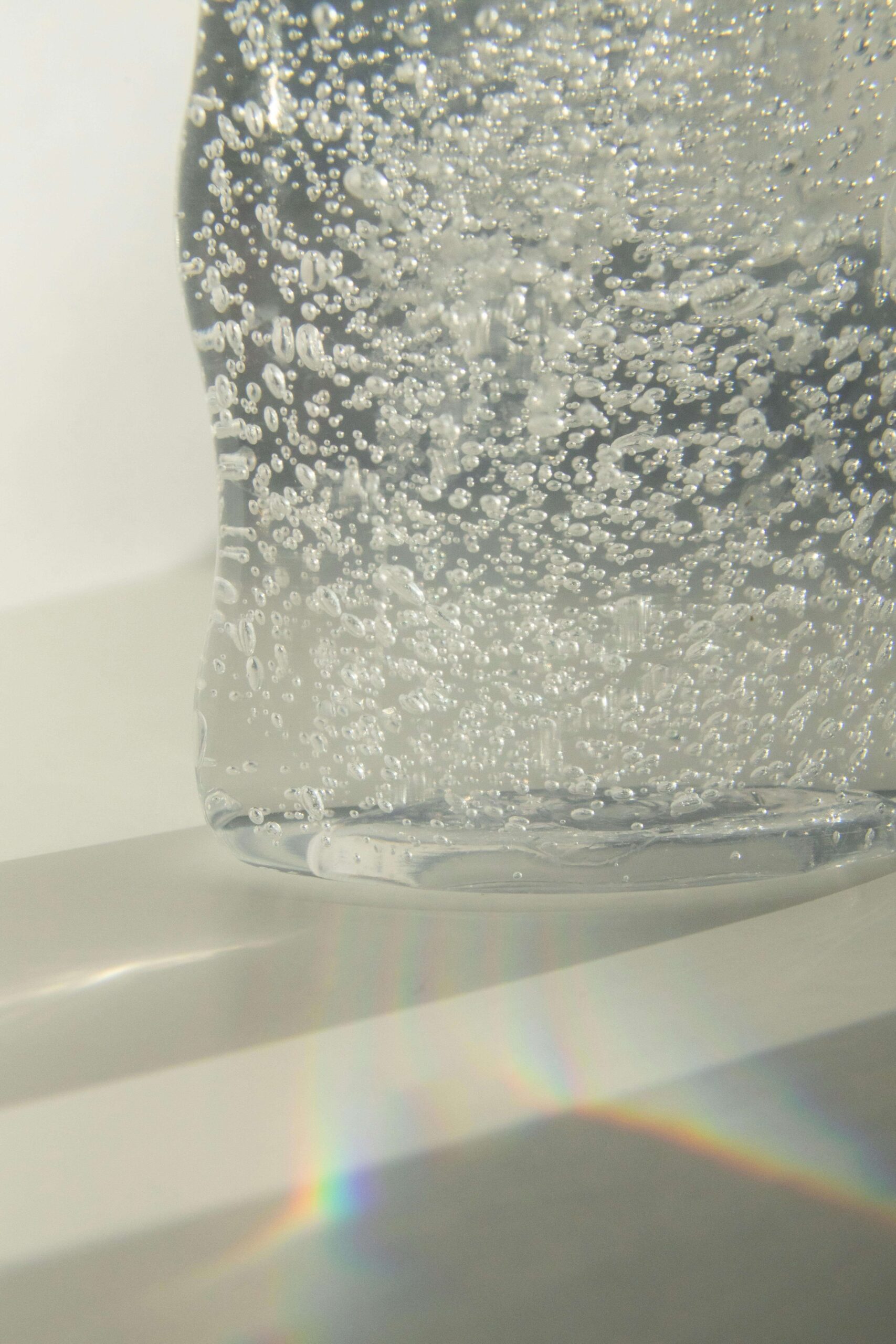Water is a fundamental component of the human body and plays a crucial role in maintaining health and performance. For athletes, proper hydration is critically important as it impacts physical endurance, reaction speed, and overall well-being. In this article, we will discuss the importance of hydration, signs of dehydration, and strategies to maintain optimal hydration levels.
The Importance of Hydration for Athletes
1. Regulation of Body Temperature
During intense physical activity, the body generates heat, and sweating is the primary way to cool down. Water helps maintain normal body temperature, preventing overheating.
2. Enhancing Physical Performance
Even slight dehydration can lead to decreased physical endurance, strength, and coordination. Adequate hydration helps sustain high levels of performance.
3. Supporting Metabolic Processes
Water is involved in various metabolic processes, including the transportation of nutrients and removal of waste products. This is especially important for recovery after workouts.
4. Supporting the Cardiovascular System
Dehydration increases the strain on the heart as the blood becomes more viscous, making it harder to circulate. Proper hydration supports normal blood flow and reduces the workload on the heart.
Signs of Dehydration
Early signs of dehydration may include:
- Thirst
- Dry mouth and lips
- Reduced urine output and dark-colored urine
- Fatigue and weakness
- Dizziness and headache
More severe symptoms of dehydration include:
- Extreme thirst
- Dry and cool skin
- Rapid heartbeat
- Confusion and irritability
- Fainting
Hydration Strategies for Athletes
1. Pre-Workout Hydration
Start your workout well-hydrated. Drink 500-600 ml of water 2-3 hours before exercising. This will allow your body to store water and reduce the risk of dehydration.
2. Regular Drinking During Workouts
During workouts, drink every 15-20 minutes, even if you do not feel thirsty. It is recommended to consume 150-200 ml of water during each interval. If your workout lasts more than an hour or takes place in hot weather, consider using sports drinks that contain electrolytes.
3. Post-Workout Hydration
Rehydrating after a workout is as important as consuming water before and during it. Drink water over the next few hours after exercising to compensate for fluid loss through sweat. Ideally, weigh yourself before and after the workout: the weight loss indicates water loss, and each kilogram lost should be replaced by 1.5 liters of water.
4. Using Electrolytes
During intense or prolonged workouts, the body loses electrolytes through sweat, which can lead to muscle cramps and other issues. Sports drinks containing sodium, potassium, and magnesium help restore electrolyte balance.
5. Consuming Hydrating Foods
Some foods can also contribute to hydration. Fruits and vegetables such as watermelon, cucumbers, oranges, and strawberries contain high water content and can be a valuable addition to your diet.
6. Listening to Your Body
Thirst is a natural signal that your body needs fluids. However, for athletes, this signal can be delayed, so it is important to have a strategic approach to drinking water, especially in hot weather or during intense activities.
7. Using Technology
Various apps and devices can help track water intake and remind you to drink. These technologies can be useful for those who tend to forget to drink water throughout the day.
Conclusion
Hydration plays a key role in maintaining health and performance for athletes. Proper hydration strategies can help avoid dehydration, improve physical performance, and speed up recovery. Drink water before, during, and after workouts, consider your need for electrolytes, and listen to your body to maintain optimal hydration levels. Remember, water is a vital element of your success in fitness and sports.


